
How to Relieve Anxiety When You Have To Be Alone For a Long Time
We recommend helpful products in our articles. Read our full disclosure here. The content on this website is not intended to be a substitute for professional advice, diagnosis, or treatment.

The 2019 pandemic has definitely had a large impact across the world, with many having found themselves jobless in lockdown and isolation.
The anxiety, stress, and confusion that present themselves when you have to be alone for a long time are inevitable.
This is why it is so important to equip ourselves with strategies and techniques that help us keep our mental health in check.
Although each person will respond to being alone differently, there is one technique that has been scientifically proven to relieve stress and anxiety, naturally – meditation.
In this article, I will share how meditation helped me improve my mental health, why it’s a great natural alternative to reduce stress and anxiety, and how to get started.
How Meditation Improved My Mental Health
A few years ago, I started my journey with meditation and although it took time and patience to master, it was truly my greatest godsend.
When first introduced to Meditation, my initial reaction was that it sounded a bit lame and “woo woo”.
But the more that I practiced it, the more I noticed the change in my mental health & wellness.
Having struggled with anxiety and chronic stress for years, I’d always assumed that it would be something I’d spend the rest of my life fighting.
A few years ago, I found myself working in a demanding corporate position, feeling constantly burnt-out, on edge, and overloaded.
My mental health was at an all-time low, and I didn’t know what to do or how I was ever going to get myself back to the person I was before it.
Contrary to what I thought possible, meditation helped me regain control back over my thoughts, find happiness in the small things, feel a sense of calm and relaxation, master my mindset and transform my life.
Nothing I’d tried before had ever had that kind of impact on my life.
This is why meditation now makes up a part of my non-negotiable morning routine during the week!
Now, having been meditating for over 3 years and on track to be a certified meditation teacher, I love sharing how meditation can be used by everyday people to transform their lives.
Here’s why meditation is such an awesome natural technique that you can incorporate into your day, for greater stress and anxiety relief.
The Benefits of Using Meditation for Anxiety & Stress Relief
Across the world, meditation is known for the diverse range of mental, emotional, and physical benefits it provides.
It can improve:
- Mental health,
- Happiness
- Productivity
- Focus
- Self-awareness and
- Relieve anxiety and stress symptoms
Unlike some other stress or anxiety treatments (eg. medication or therapy), meditation doesn’t cost you a lot to get started.
All you really need is:
- Yourself
- A quiet space where you won’t get distracted and (like a meditation room)
- A helping hand to guide you through the foundations
It’s also something that can be done from home or at work at your desk.
It can also be done sitting or lying down, in silence, listening to music or chanting, for religious or spiritual purposes, or as a method of relaxation.
If you’re planning to do it at your work desk, I would suggest doing it when no one is around.
Otherwise, they may assume that you’re slacking off or having a pleasant nap.
It could make for a funny conversation…
During the day, so many of us spend our time flying around busy, reactive and on constant overdrive.
Rarely do we take the time to switch off and observe ourselves.
That’s why taking some time out of your day for meditation is beneficial.
I’m sure that many of you would be surprised by the degree of negative beliefs, emotions, and self-talk that goes through your mind when not paying attention.
As you start to become more and more aware of these thought patterns, you’re able to pull yourself upon it to make some healthy changes.
The Basics Behind Meditation
Any day is the perfect time to start learning how to meditate.
Especially, if you’re wanting to reduce some of the stress and anxiety of being alone for a long time.
Now, many beginners overcomplicate meditation, which is why many procrastinate with getting started.
Yet, the fundamental goal of meditation is to create a safe space where you can:
- Tune into and enjoy the present moment;
- Unwind and relax;
- Observe wandering thoughts;
- Clear your mind of thoughts as they arise without any judgment;
- Tune into your surroundings or focus your attention on a particular subject.
There is also not too much that you need to know to get started, outside of the basic fundamentals and building your foundation.
I run you through all the basics foundations in our “Journey to Calm” Course, but these are the very basic steps of meditation:
-
Create a calming meditation space;
-
Get comfortable in a chosen pose;
-
Focus on the rhythm of your breath;
-
Close your eyes;
-
Meditate for 1-5 minutes;
-
Bring your attention back to your breath when it wanders.
Learning the skill of meditation can help to support your mental health as you navigate through this pandemic minefield.
It will also help you become more resilient during stressful and demanding situations in the future.
For more information and detail on how to meditate properly, ensure to check out our website, Finding Happiness! There we talk about all things meditation and mindfulness including tips for beginners, meditation posture tips, mindfulness techniques, types of meditation poses to enhance comfort, handy meditation resources, courses, and much more.
Start learning the basics of meditation today.
Gain insight into how you can use meditation for anxiety & stress relief and to improve focus and performance in your day-to-day life.
All the best and happy meditating!
"We love to research problems, examine studies, analyze solutions, and share with you ideas that make life healthier. You can learn about us and our editorial standards here. Have suggestions or feedback to share? Send us a message!."




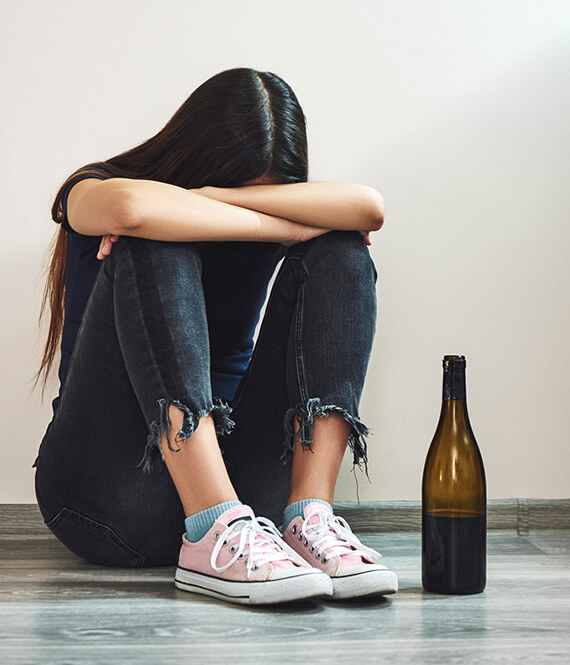
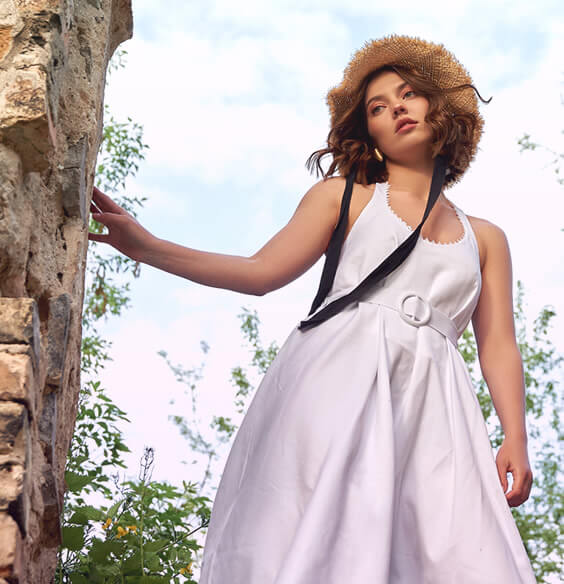
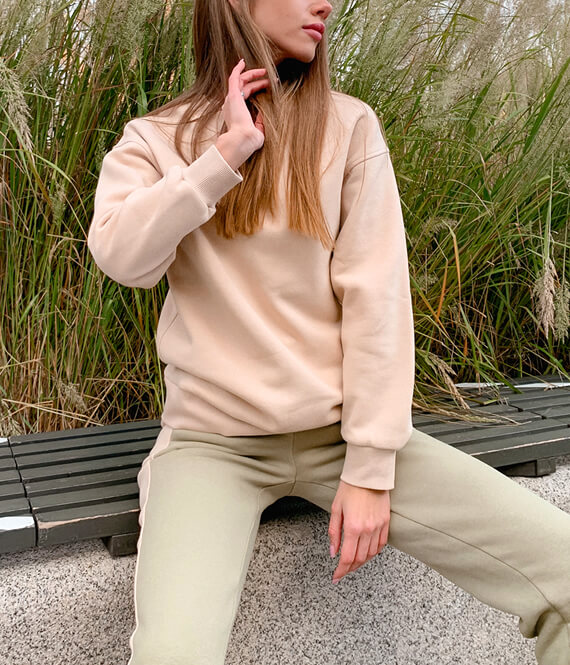
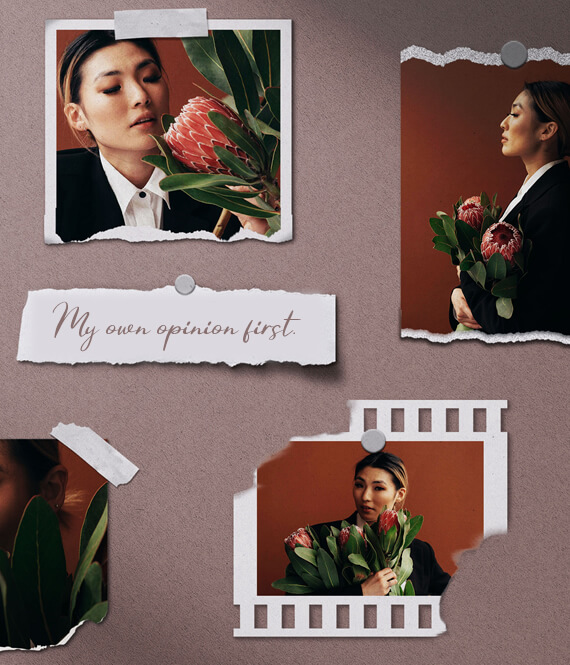

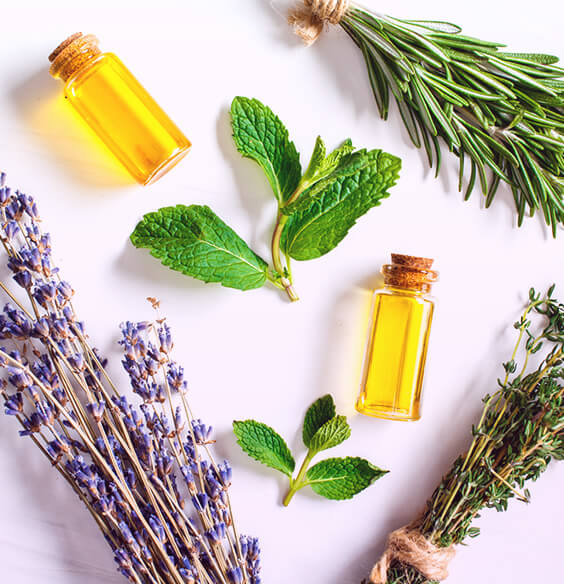


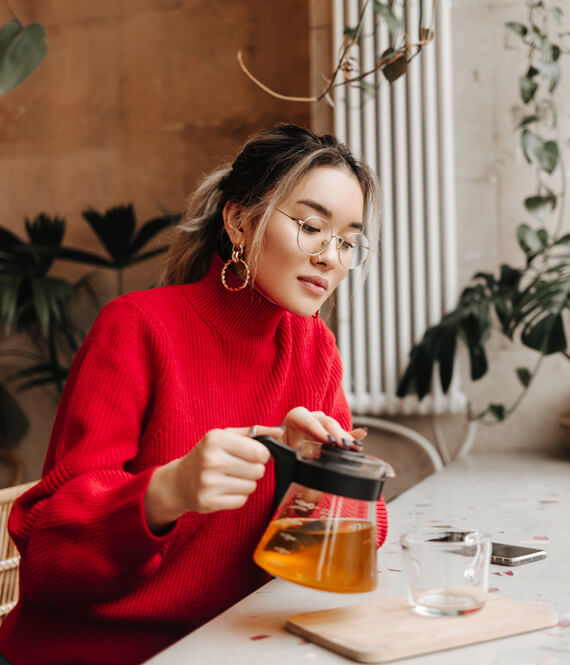
Leave a Comment